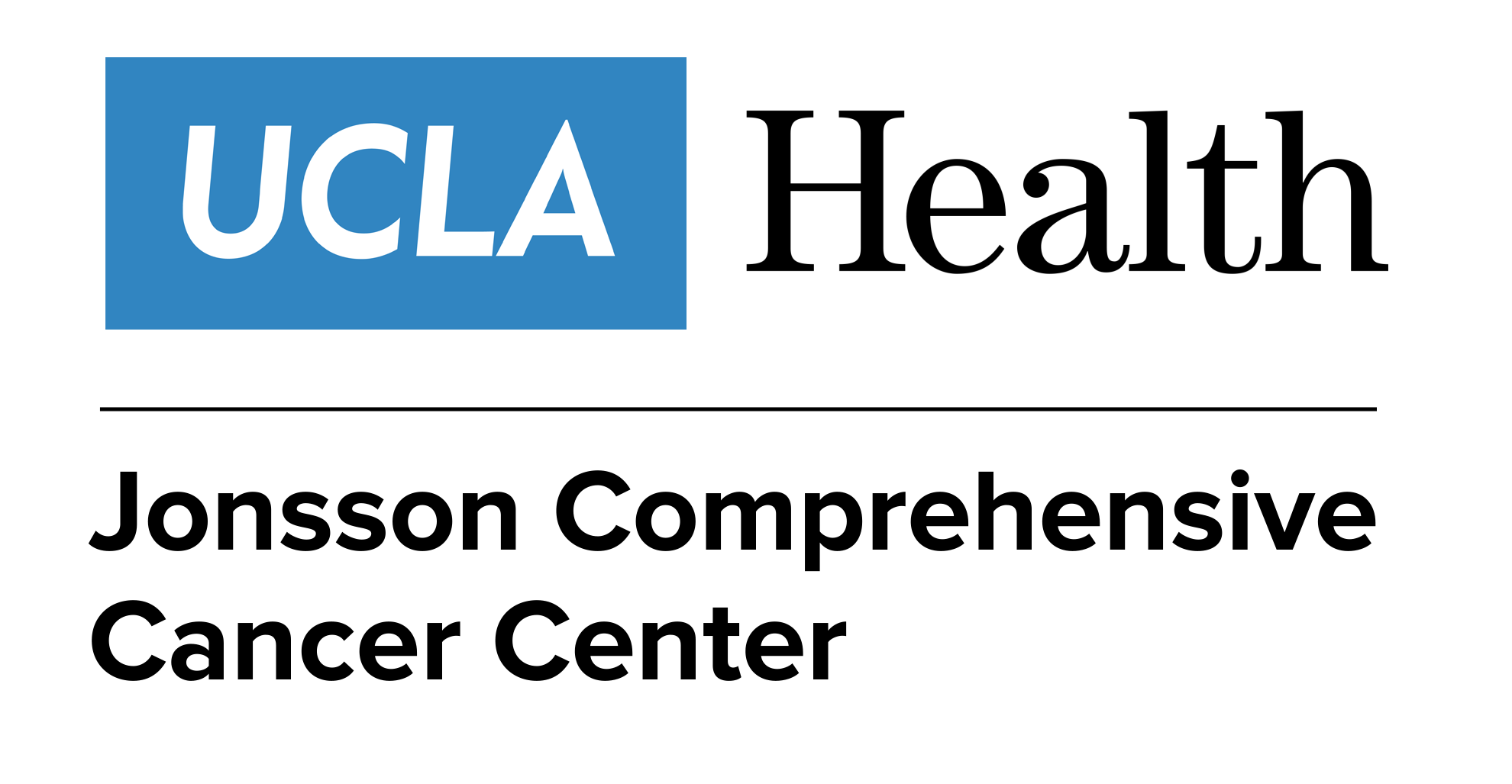- Advertise
- About OncLive
- Editorial Board
- MJH Life Sciences brands
- Contact Us
- Privacy
- Terms & Conditions
- Do Not Sell My Information
2 Clarke Drive
Suite 100
Cranbury, NJ 08512
© 2025 MJH Life Sciences™ and OncLive - Clinical Oncology News, Cancer Expert Insights. All rights reserved.
Dr Chamie on the FDA Approval of N-803 Plus BCG for BCG-Unresponsive NMIBC
Karim Chamie, MD, discusses the FDA approval of nogapendekin alfa plus BCG for patients with BCG-unresponsive non–muscle invasive bladder cancer.
Karim Chamie, MD, associate professor, urology, the University of California, Los Angeles, discusses the significance of the FDA approval of nogapendekin alfa inbakicept-pmln (Anktiva; N-803) plus Bacillus Calmette–Guérin (BCG) for patients with BCG-unresponsive non–muscle invasive bladder cancer (NMIBC).
On April 22, 2024, the FDA approved N-803 plus BCG for the treatment of patients with BCG-unresponsive NMIBC with carcinoma in situ (CIS) with or without papillary tumors. This regulatory decision was based on findings from the phase 2/3 QUILT-3.032 trial (NCT03022825), in which a complete response (CR) rate of 62% (95% CI, 51%-73%) was observed in patients with BCG-unresponsive NMIBC who received the combination (n = 77). Notably, 58% of patients who achieved a CR experienced a duration of response (DOR) lasting at least 12 months, and 40% of patients with a CR experienced a DOR lasting 24 months or longer. Previously reported findings from cohort A of QUILT-3.032, which included patients with CIS, showed that the combination induced a CR rate of 71% (95% CI, 59.6%-80.3%) among 82 patients who had experienced disease progression on prior treatment. The median follow-up for this analysis was 23.9 months.
Commonly reported adverse effects in QUILT-3.032 included dysuria, increased creatinine, hematuria, micturition urgency, urinary frequency, urinary tract infection, musculoskeletal pain, increased potassium, pyrexia, and chills.
This FDA-approved regimen is a welcome addition to the NMIBC treatment paradigm, Chamie says. Although patients with bladder cancer face a challenging diagnosis, the current array of therapies for this disease provides patients with several effective treatment options, Chamie emphasizes. Historically, BCG-unresponsive NMIBC has been considered an end-stage disease, and patients with this disease have often needed to undergo a cystectomy, Chamie explains. However, the combination of N-803 and BCG provides these patients with an alternative to bladder removal, according to Chamie.
With this approval, N-803 joins an array of other FDA-approved treatment options for patients with NMIBC but will likely be considered the best-in-class agent, Chamie notes. Now that this agent is commercially available, many patients with BCG-unresponsive disease will seek access to this therapy, Chamie concludes.


